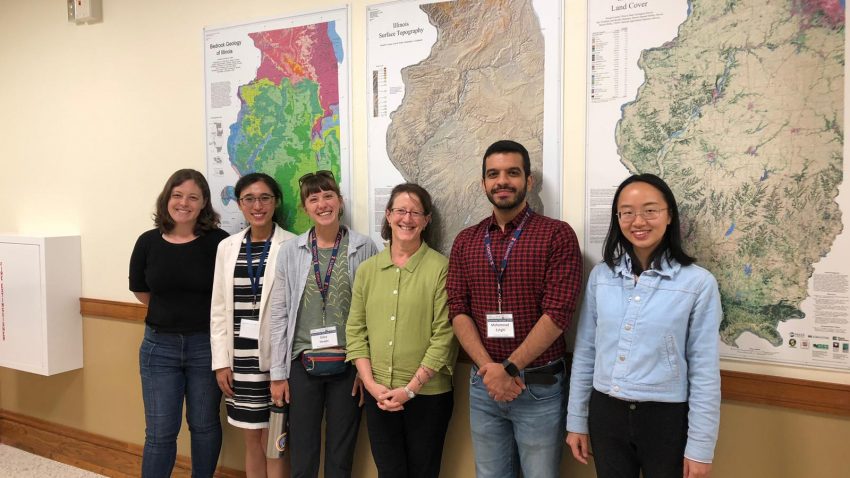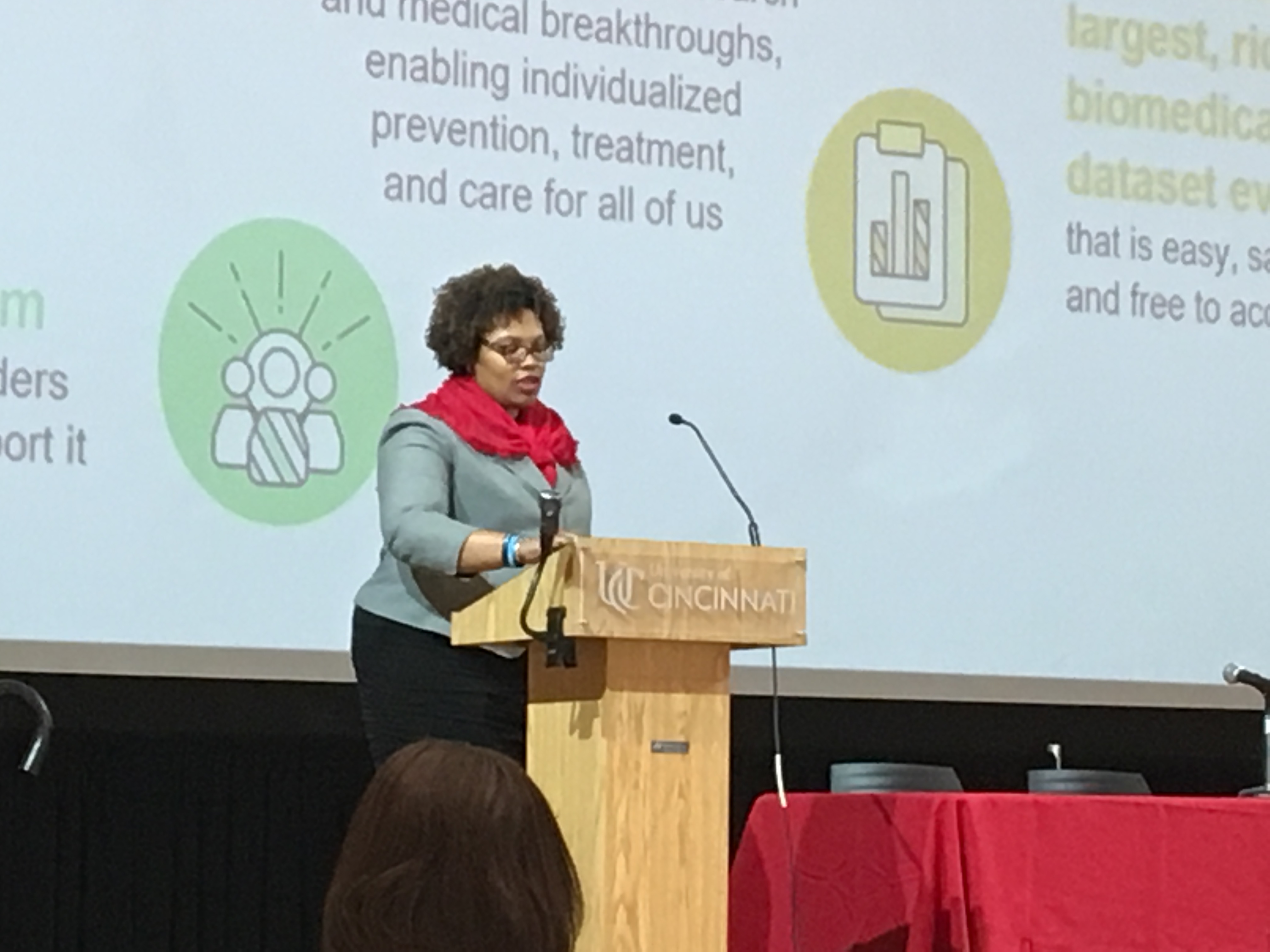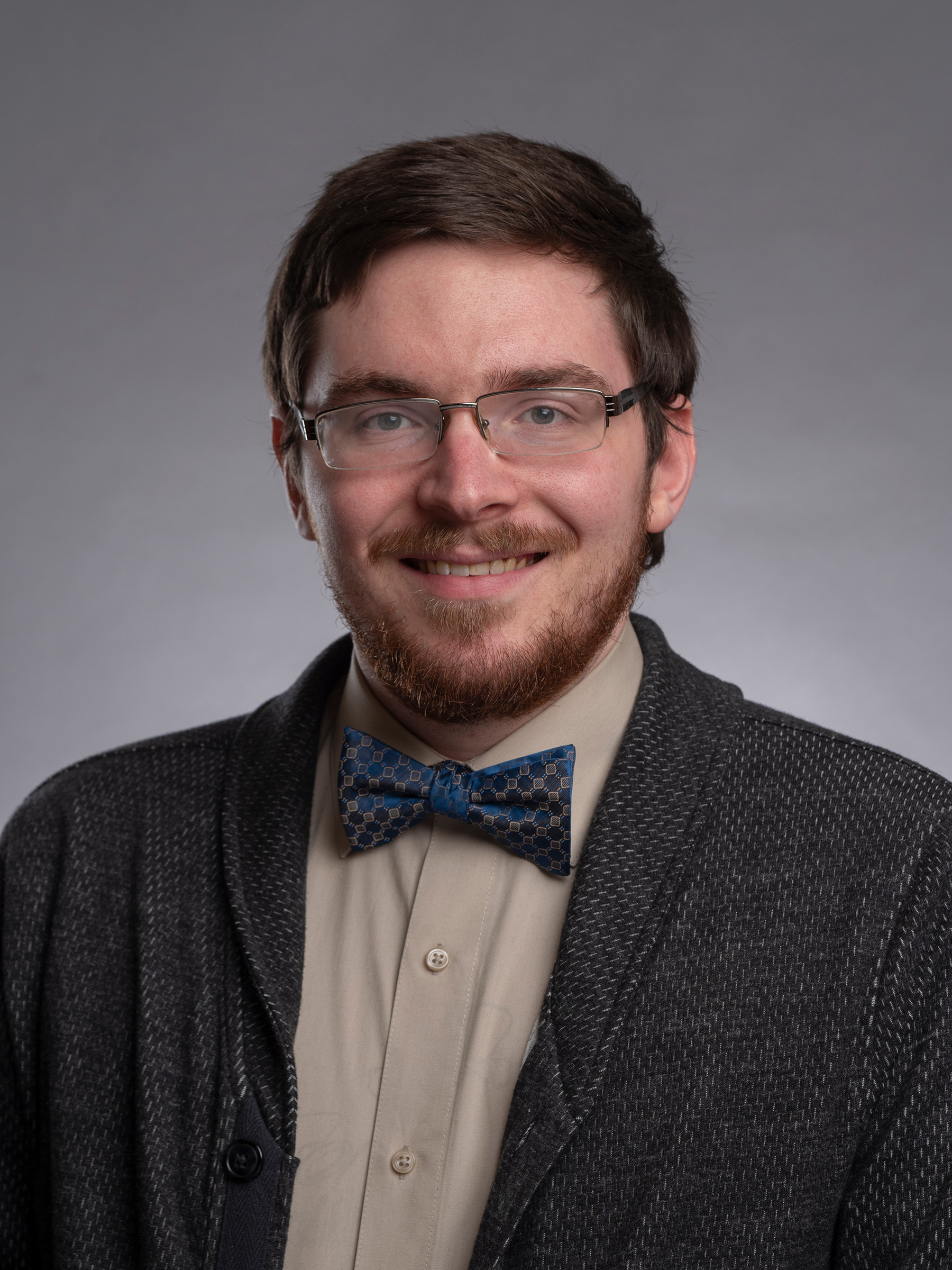 Mark Chalmers, science and engineering librarian, has been accepted into Drexel University’s highly selective Library Information Science (LIS) Education and Data Science Integrated Network Group (LEADING) program as a 2021 LEADING Fellow.
Mark Chalmers, science and engineering librarian, has been accepted into Drexel University’s highly selective Library Information Science (LIS) Education and Data Science Integrated Network Group (LEADING) program as a 2021 LEADING Fellow.
The LEADING program is a Laura Bush 21st Century Librarian (LB21) National Digital Infrastructures and Initiatives project, supported by the Institute of Museum and Library Services (IMLS) and hosted at Drexel University’s College of Computing & Informatics (CCI). The LEADING program scales-up the highly successful LEADS-4-NDP initiative and will prepare a diverse, nation-wide cohort of 50 LIS doctoral students and early to mid-career librarians for data science endeavors.
LEADING Fellows will complete the following:
- self-paced online preparatory curriculum,
- an online data science bootcamp with Drexel and other LEADING fellows,
- six-month virtual data science internship at a LEADING hub or node,
- development of a communication plan to connect with mentor/s on a regular basis, and
- development of research output (e.g., a paper, poster, presentation, published data, etc.).
Mark’s LEADING Fellow research project will focus on “Assessing Overlap and Aggregation Potential of Open-Source Software Platforms and Their Data.” LYRASIS, a consortium that provides access to the world’s shared academic, scientific and cultural heritage, currently offers six hosted services on open-source software. Five of the six of which involve academic libraries and their cultural heritage assets. As a result, LYRASIS seeks expertise in cultural heritage metadata and data science to assist in assessing this overlap between platforms. In addition, they seek recommendations on how machine learning models can be leveraged to connect data in different platforms and to assess how researchers can be served by access to data across the different platforms.
“I am eager to work with Drexel and LYRASIS to grow my competencies in the domains of data science, data integration, large scale machine learning and exploratory feasibility projects,” said Mark upon learning of his acceptance into the LEADING program.
“The experience and skills Mark will gain as a LEADING Fellow will not only contribute to the completion of the LYRASIS research project, but he will bring new knowledge back to his role in the Science and Engineering Libraries while at the same time contributing to the university’s digital future and open access agenda,” said Xuemao Wang, vice provost of digital scholarship and dean and university librarian.


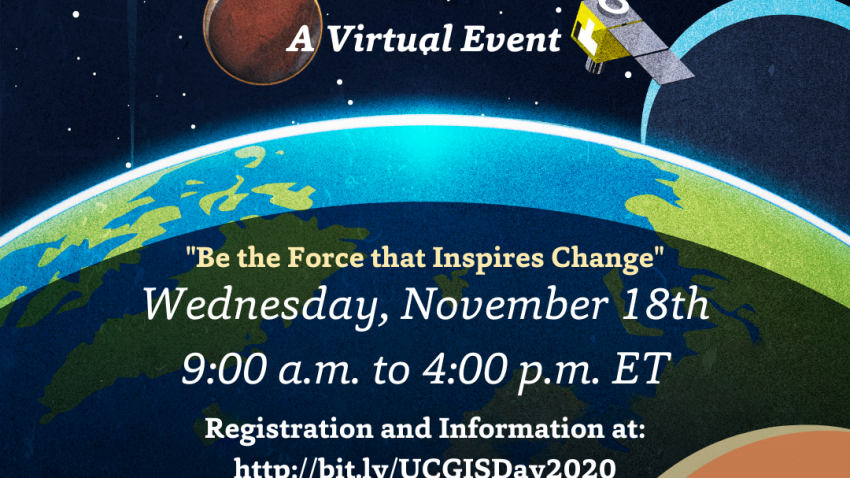
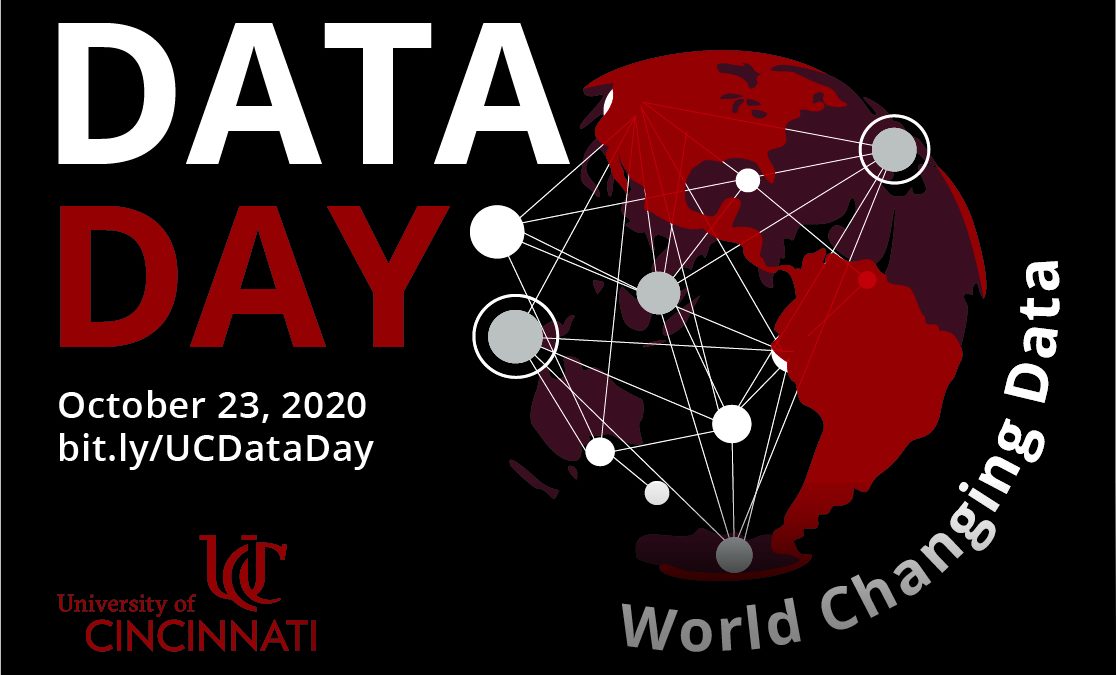

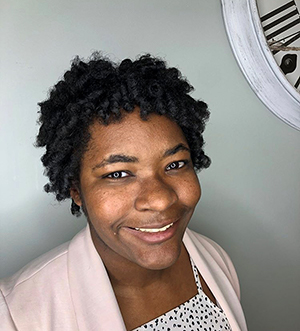 Dorcas Washington, formerly content analyst on the Content Services Team, has transitioned to the new role of data analytics specialist on the Research and Data Services (RDS) Team.
Dorcas Washington, formerly content analyst on the Content Services Team, has transitioned to the new role of data analytics specialist on the Research and Data Services (RDS) Team.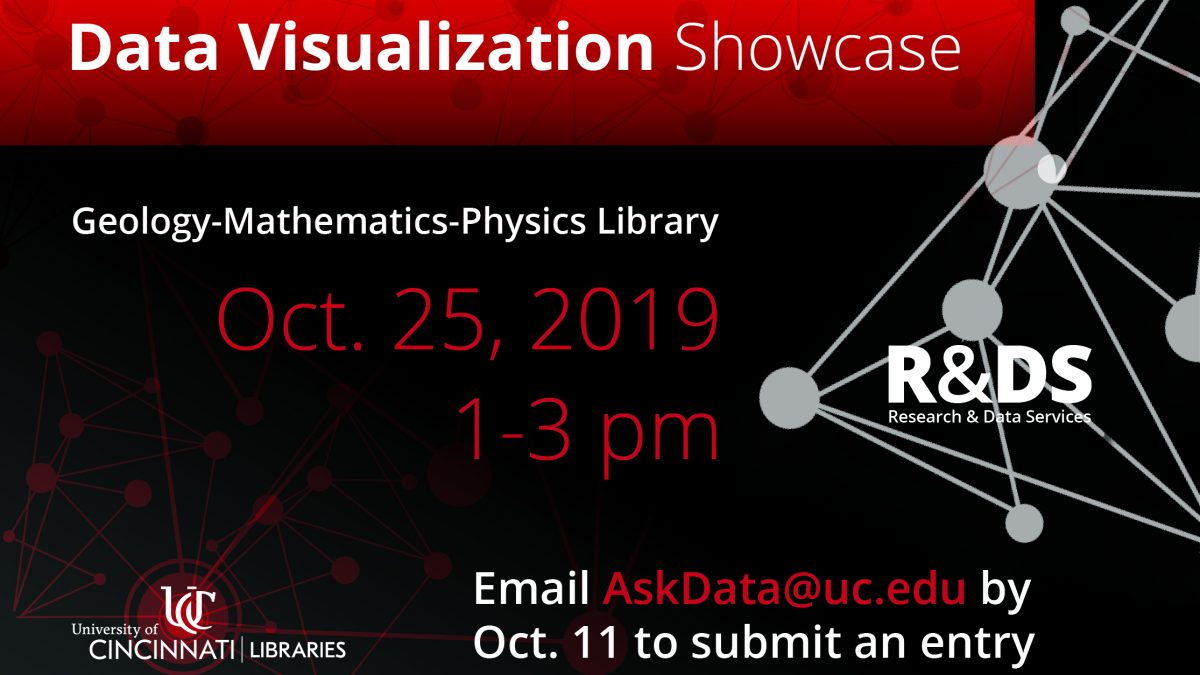 PLEASE NOTE: THIS EVENT HAS BEEN CANCELLED.
PLEASE NOTE: THIS EVENT HAS BEEN CANCELLED.